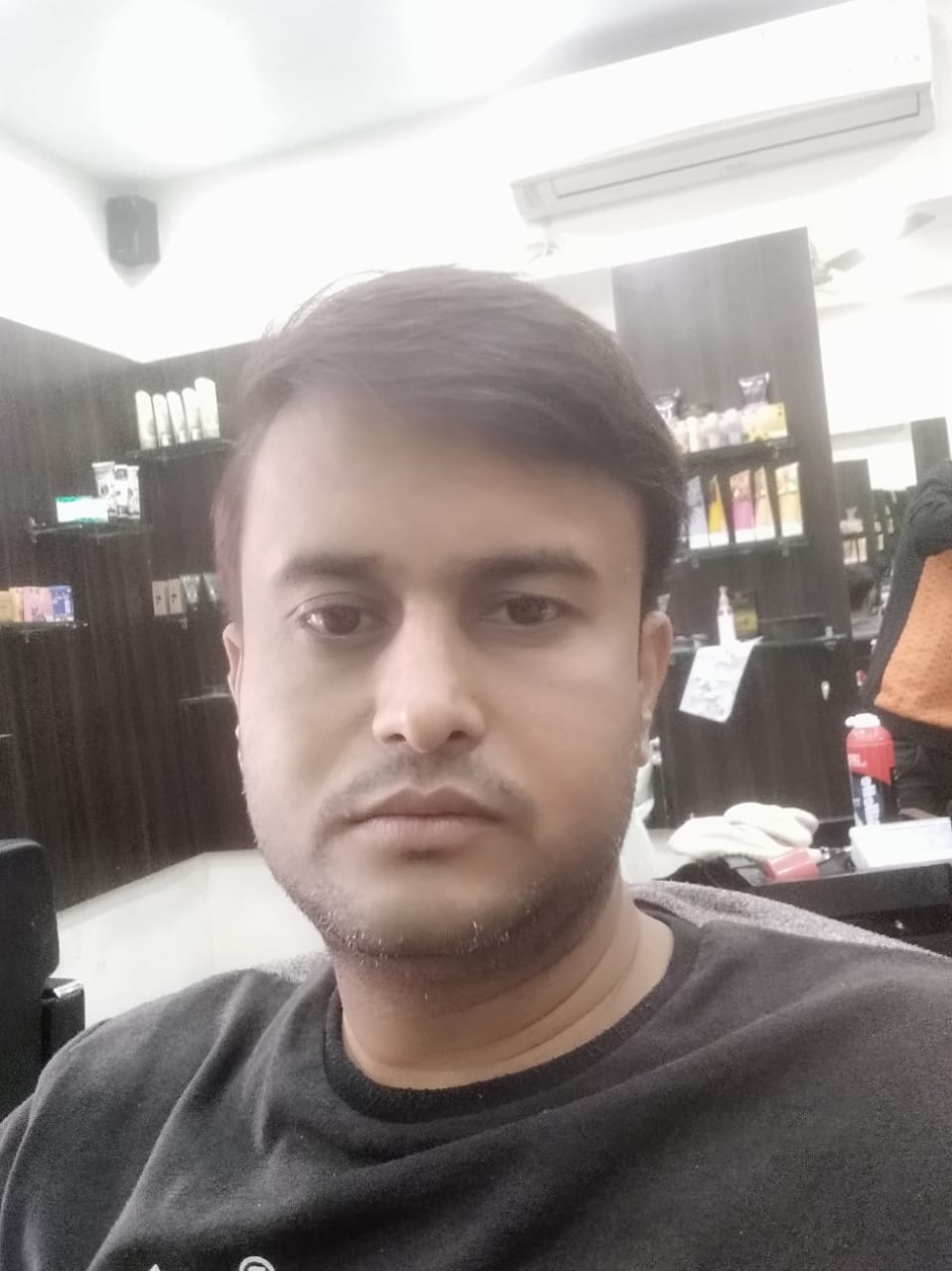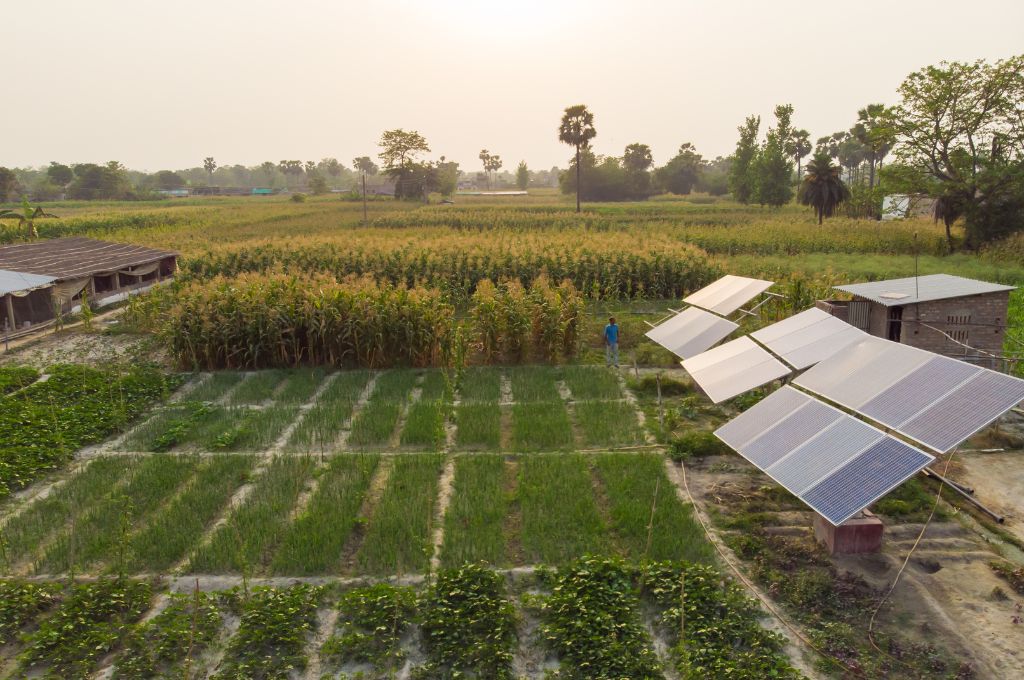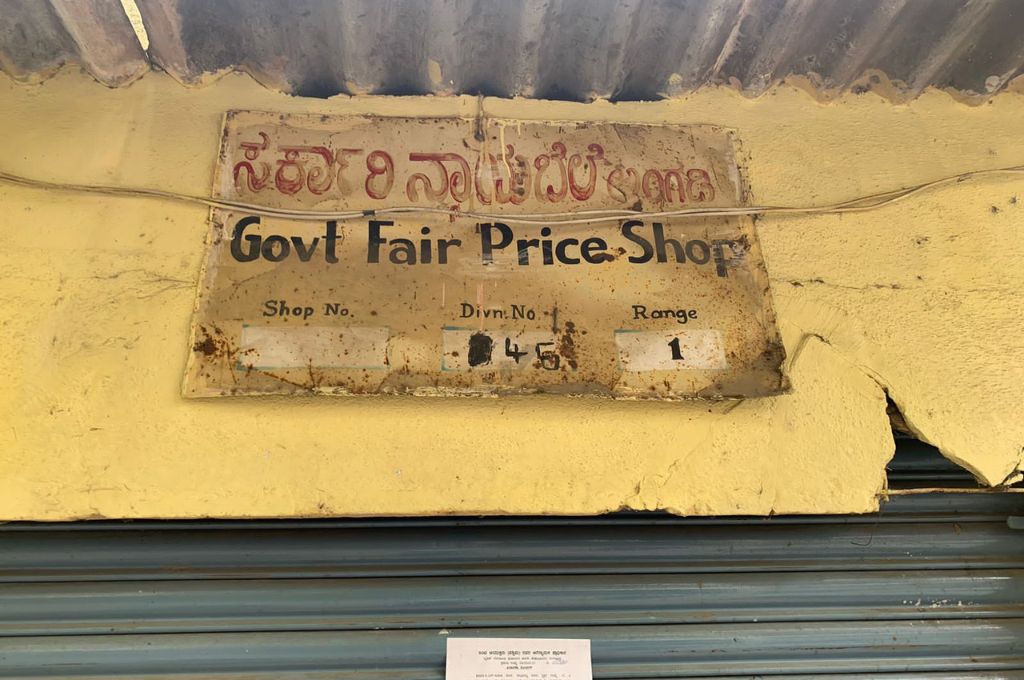My name is Navendu Mishra, and I’m a grassroots activist from Seoni district, Madhya Pradesh and the co-founder of Agrini Samaj Kalyan Samiti, a nonprofit working on education, leadership building, and constitutional literacy. As part of this, we run a school for around 172 children in Kurai, a small forest village near the Pench National Park. We also work with government and private schools to promote experiential learning and conduct teacher training programmes.
My entry into the development sector was by accident. Originally, I wanted to study engineering. I cleared the exams and even managed to get admission, but my family did not have the resources to fund my education. So, I had to drop out. I started working and studying simultaneously, in order to support my family. Around the same time, I came across a local nonprofit working on empowering gram panchayats. I joined them, and as part of my job I would go to different villages, organise gram sabhas, and understand the issues people were facing.
Before this, I used to think I was underprivileged because I was from the general category and could not get a scholarship to continue my studies. But through my work with people who were in situations far worse than mine, I realised that I had quite a few privileges. More importantly, I realised that people are deprived of opportunities and resources because of the lack of basic information. This is when I decided that I have to do something about it. I wanted to do something that helps people, while at the same time provides me with a livelihood.
Slowly, I started getting involved in local movements and community campaigns. It was at one such event that I met Gourav, my co-founder, and we started working together in 2011.
Our focus has always been to make education as accessible as possible, to everyone.
Early on itself, we had learnt the importance of knowledge and information, and so we made education—not academic, but holistic education—our priority at Agrini. Our focus has always been to make education as accessible as possible, to everyone. This became a challenge during the COVID-19 imposed lockdown, when we had to shut our school, and stop our training programmes with other schools. Initially, we decided to focus on making sure that the children’s education was continuing, rather than getting into relief work. However, when we saw the panicked migrant workers walking home on the highway that passes near Seoni, we knew we had no choice. As things have started returning to normal, we have stepped away from relief work, and now our focus is back on our school and other movements we are a part of.
6.30 AM: I wake up early so that I can get some exercise. I go for a walk for about an hour, after which, I spend some time with my family. My wife just gave birth to our daughter and I like to spend some time with them before I start my work.
9 AM: My work day begins by scheduling calls and meetings. We are a small team, with limited resources, so we do all the work ourselves. I am responsible for the day-to-day administration of the organisation, so I spend my mornings making payments, maintaining accounts, documenting our work, and submitting applications, among other things.
Once this is done, the team sits together to brainstorm about the various political activities we are involved in. Apart from running the school, we participate in local elections and movements, and help candidates build their manifestos. Currently, we are preparing to contest in the municipal elections, so we spend some time deciding our strategy for that.
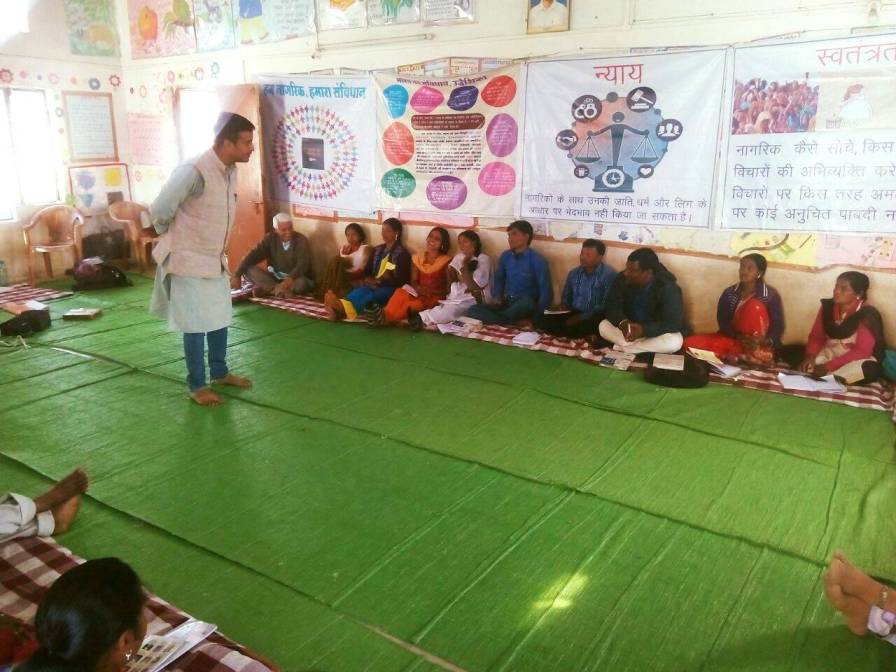
I want to use my learnings to help people understand how constitutional values can be a part of their daily lives. | Picture courtesy: Navendu Mishra
Until recently, we were very actively involved in Shiksha Satyagraha—a national movement to make education a political issue in the Bihar elections. For this, we spoke with several grassroots organisations and young activists focussing on education, to understand the various issues faced by different groups. Then, we collated our findings into a common manifesto that was released and promoted through online campaigns. We see this advocacy work as an extension of what we are trying to do at Agrini, which is ensuring that everyone has equitable access to quality education.
11 AM: Every day since the start of the lockdown, we have a call with our teachers from the school, to discuss the teaching plan for the day and to get feedback on what we can improve. A lot of our work is with Adivasi communities, and one of the biggest challenges we faced when the lockdown was imposed was getting materials and resources across to the children. For many students this was also a period of mental and physical stress since it was the first time that they were spending so much time at home with their parents. This often led to conflict situations, especially since the children did not have the option of going out, meeting friends, or talking to their teachers.
To combat this, we initially started making short videos, that we shared with students via WhatsApp. These videos had tasks that the children could do at home, such as identifying trees and plants around them. Since we thought that the lockdown would be temporary, we felt that this was a good way to keep the students engaged while also making sure that they were learning.
We decided not to move to online classes, and instead came up with the idea of creating booklets for students.
We have always known that digital education is not inclusive, since many families do not have constant access to a smartphone, nor do they have enough mobile data. So, as the lockdown kept getting extended, we decided not to move to online classes, and instead came up with the idea of creating booklets for students. These booklets contain learning materials and worksheets for the students and are hand delivered to them by the teachers, following all the required safety precautions. This model is working well as it also provides students with the opportunity to meet their teachers and share their concerns.
We tried to implement this model in other government and private schools, by offering our resources and training, but were not very successful. Many teachers were not being paid during this period and whatever teaching was happening, was solely based on teachers who were self-motivated enough to carry on in the absence of any support—financial or otherwise.
1.30 PM: After a quick lunch, I sit down to work on the youth programmes and workshops that I help design and implement, as a volunteer at vartaLeap. Constitutional literacy, duties and rights, and constitutional awareness are all areas that I am deeply passionate about. In fact, I recently finished my law degree, which has helped increase my knowledge about these topics. I want to use my learnings to help people understand how constitutional values can be a part of their daily lives.
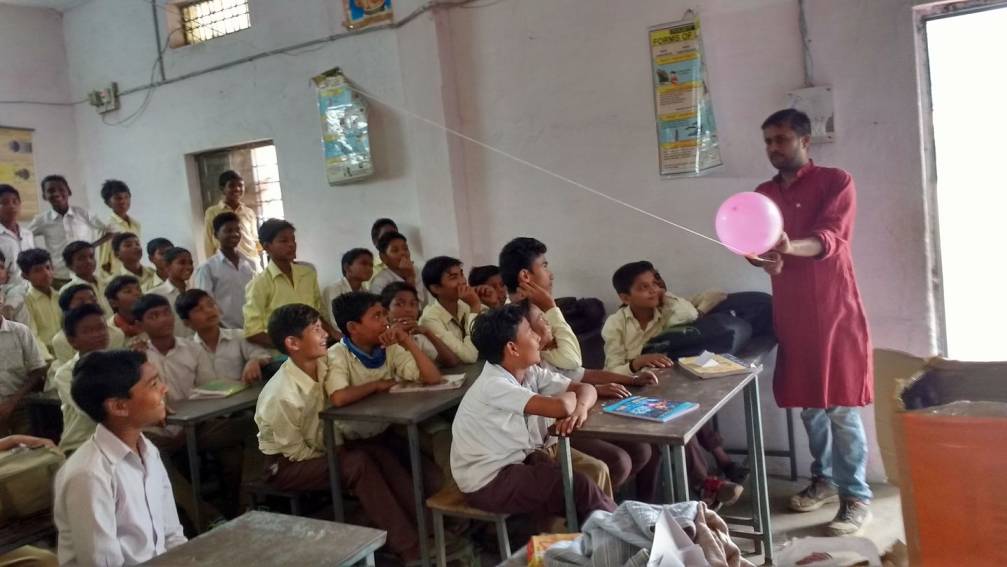
It is incredibly important to continuously motivate them and remind them about the cause that we are working towards. | Picture courtesy: Navendu Mishra
Prior to the pandemic, I used to conduct these workshops in person. I’ve been trying to make them digital and conduct some of them online, but the challenge is that they become very boring. Most people are not used to sitting for two to three hours at a stretch, nor are they able to engage virtually. So, it has been very difficult to get people to attend these sessions. Now I’m working on making them more interactive.
4.30 PM: A lot of people from nearby villages come to us asking for help on a range of issues. This includes information on government schemes, assistance to fill official forms, filing petitions, drafting official applications, registering complaints, or organising protests on local issues. My team and I always ensure that apart from assisting them with the issue at hand, we also provide them with information about their rights and duties.
We are always talking to people and trying to get them to come together in samuhs (collectives).
Almost daily, there will be someone who will come to us with a problem and all of us will gather around and try to solve it together. Today, a woman comes to me asking for help, since someone has taken over her land, and she doesn’t know what to do. I ask her for more information and using my knowledge of the law, we discuss her options.
We are always talking to people and trying to get them to come together in samuhs (collectives). It is through these discussions that we understand their issues and can work towards solving them. It was on the basis of such conversations that we started working with farmers to organise an online Kisan Satyagraha, to raise the minimum support price for maize—a crop commonly grown in the region.
Most of my evenings go in coordinating such meetings, making videos, designing posters, and talking to volunteers about the plan of action. It is incredibly important to continuously motivate them and remind them about the cause that we are working towards.
6.30 PM: Sometimes our meetings and discussions go on till late in the evening. The team puts chairs outside our office and we sit and talk for hours together. After wrapping up the day’s work, I head back home, have dinner, and sit down to play with my newborn daughter. Every day for me is completely new and brings with it a new set of people and issues to work with.
The lockdown has been a great reality check and has reinforced my belief that people need to be aware of their rights and duties. With this information they can understand the problems in society, question the status quo, and demand change.
—
Know more
- Read more about the state of learning in rural India during the lockdown.
- Understand the important role of constitutional literacy in an effective democracy.
- Learn about how the pandemic, and efforts to maintain learning continuity, may have worsened exclusionary trends worldwide.
Do more
- Play this game to experience constitutional values, rights, and duties in your everyday life.

